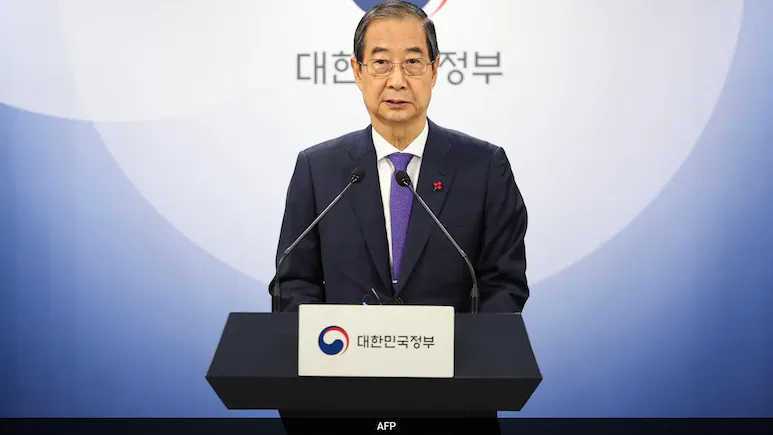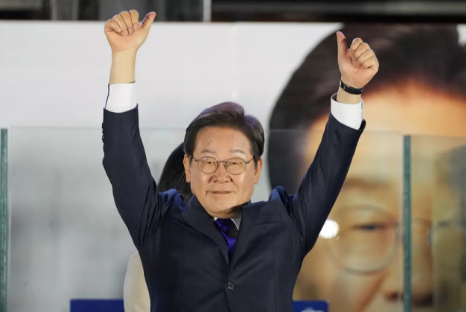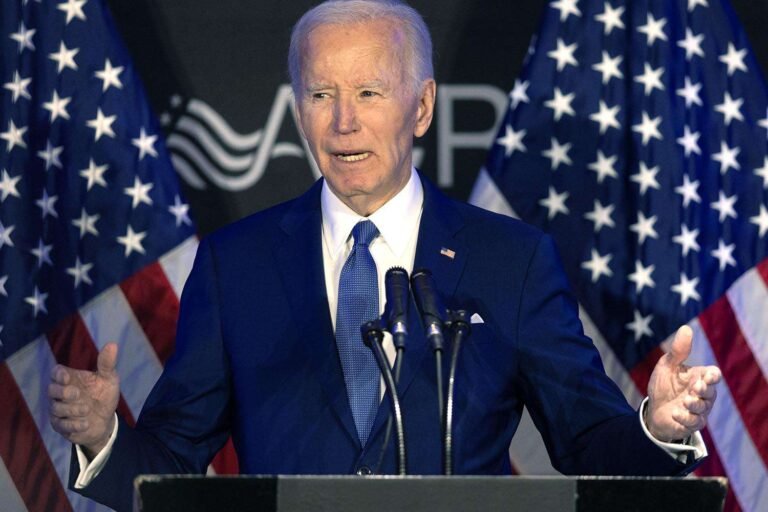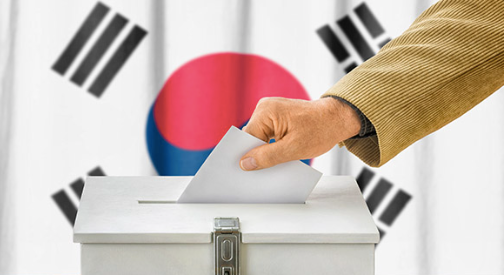
March 24, Seoul: In a dramatic turn of events, South Korea’s Constitutional Court on Monday overturned the impeachment of Prime Minister Han Duck-soo, reinstating him as acting leader amid an ongoing political firestorm. The ruling comes as the nation anxiously awaits a separate verdict on the impeachment of President Yoon Suk Yeol, a decision that could reshape the country’s political landscape.
A Nation Divided
The court’s 7-1 decision found that the accusations against Han largely tied to political disputes with opposition lawmakers did not meet the legal threshold for removal. Han, a seasoned diplomat appointed by Yoon, had been impeached in late December after serving as acting president following Yoon’s own impeachment. The back-to-back suspensions of South Korea’s top two leaders plunged the country into uncharted territory, raising concerns about governance, economic stability, and diplomatic relations.
Upon his reinstatement, Han struck a conciliatory tone, calling for national unity. “There is no left or right what matters is the advancement of our nation,” he told reporters, vowing to prioritize urgent issues like global trade volatility, likely alluding to rising tensions with the U.S. under the Trump administration’s aggressive trade policies.
Yoon’s Fate Hangs in the Balance
While Han’s return offers temporary stability, the bigger question remains: Will Yoon survive his impeachment? The conservative president was ousted by the opposition-controlled National Assembly in December after declaring martial law a move that triggered mass protests and accusations of authoritarian overreach.
At the heart of the controversy is why Yoon deployed troops and police to the National Assembly following his decree. While he claims it was to “maintain order,” senior security officials testified that he explicitly ordered them to block lawmakers from voting to overturn his decision. The opposition, which eventually gathered enough members to annul the decree unanimously, argues that Yoon’s actions amounted to an attempted coup.
If the Constitutional Court upholds Yoon’s impeachment, South Korea will face a snap presidential election. If it rules in his favor, he will resume office—though his legal troubles are far from over. Separately, Yoon faces rebellion charges tied to the martial law incident, which carry a potential death penalty or life sentence. Released from prison on March 8 to stand trial, he remains a polarizing figure, with rival protests flooding Seoul’s streets in support and condemnation.
Political Maneuvering and Judicial Drama
Han’s impeachment was seen by many as collateral damage in the broader battle over Yoon’s rule. The opposition had accused Han of stalling the appointment of Constitutional Court justices a critical issue since six of the nine judges must approve Yoon’s impeachment for it to stand. His successor, Finance Minister Choi Sang-mok, filled two vacancies but left a ninth seat open, fueling suspicions of partisan maneuvering.
Now, Choi himself faces impeachment proceedings, filed Friday by opposition parties alleging similar obstruction. The deepening standoff reflects a nation caught between competing visions of democracy one side warning of presidential overreach, the other decrying legislative vendettas.
With Yoon’s verdict looming, South Korea stands at a crossroads. Public opinion, once heavily critical of his martial law order, has shown flickers of sympathy as his supporters rally. Meanwhile, markets and foreign allies watch nervously, wary of prolonged instability in a country already grappling with economic headwinds and regional security challenges.
Get more News Headlines On Our Social Platforms And Do Follow.




